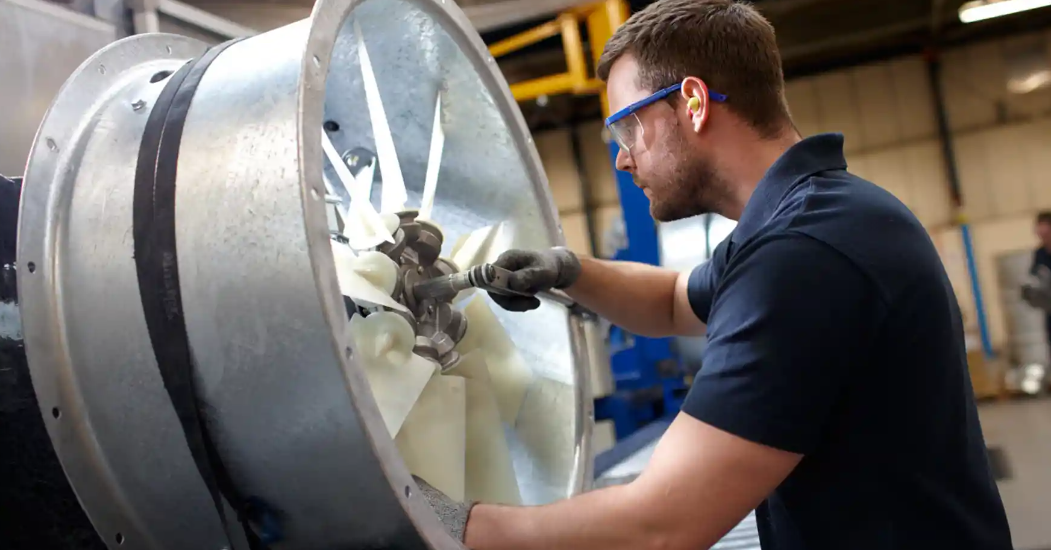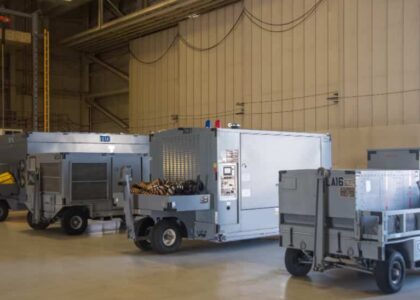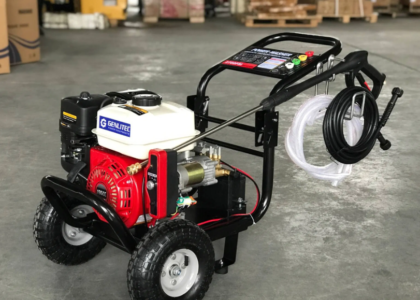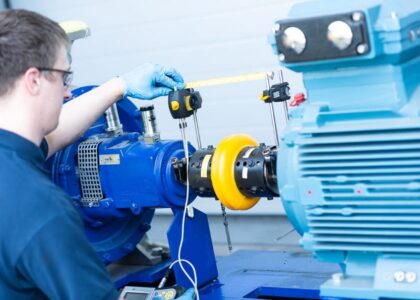While some of their uses are more expected and well-understood, axial fans in Australia are also valuable for the farming sector. Any viable agricultural landscape that boasts vast sun-drenched terrains can experience unpredictable weather, which has always kept its farmers on their toes.
But hidden beneath the harsh elements, a silent revolution is shaping the future of farming in the land down under.
Axial Fans: The Backbone of Agriculture
Axial fans, those propeller-like devices commonly found in barns and storage facilities, are the backbone of agricultural ventilation. They play a pivotal role in maintaining optimal temperature and humidity levels, which are critical for preserving crops and ensuring the welfare of livestock.
Revolutionizing Crop Storage and Processing
Australia’s scorching summers pose a substantial challenge in keeping harvested crops fresh. Axial fans step up to this challenge. These unassuming devices create controlled environments within storage facilities, preventing hotspots that can attract pests management and molds, safeguarding valuable yields.
Moreover, axial fans are instrumental in drying crops, such as grains and hay. By reducing moisture content, they help farmers meet market standards, benefiting both farmers who can command better prices and consumers who enjoy high-quality produce for more extended periods.
Optimizing Livestock Comfort
In the world of livestock, content animals translate to productive animals. Axial fans, thoughtfully positioned in barns and shelters, establish comfortable conditions for cows, poultry, and other farm animals.
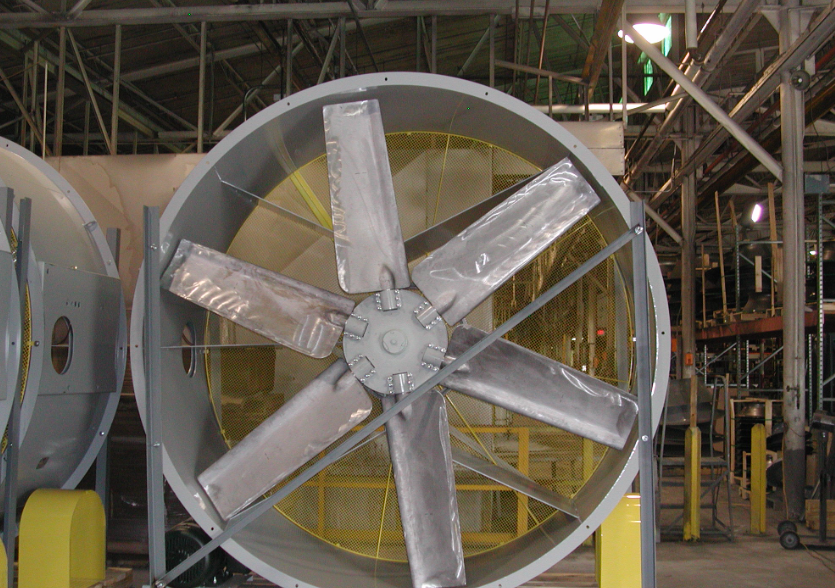
By circulating air, they mitigate heat stress and minimize the risk of respiratory issues. Happier, healthier livestock leads to higher-quality meat and dairy products, a win-win for farmers and consumers alike.
The Environmental Impact
You might be wondering if all this technological advancement is eco-friendly. The good news is that axial fans are designed with energy efficiency in mind. They effectively lower energy consumption, delivering cost-effective solutions for farmers while also embracing environmental responsibility.
Reducing energy usage is a vital step towards more sustainable farming practices in a world increasingly focused on climate change.
However, there’s a trade-off. Axial fans, in some cases, can be noisy and disrupt the serenity of rural areas. Balancing the need for ventilation with the tranquillity of the countryside is a challenge that many farmers are grappling with.
Conclusion
Axial fans in Australia are quietly but profoundly transforming agriculture. These seemingly simple machines are the unsung heroes ensuring that crops remain fresh, livestock thrive, and farms become more sustainable. The impact they have is not just practical but promises a more efficient and brighter future across numerous industries.


